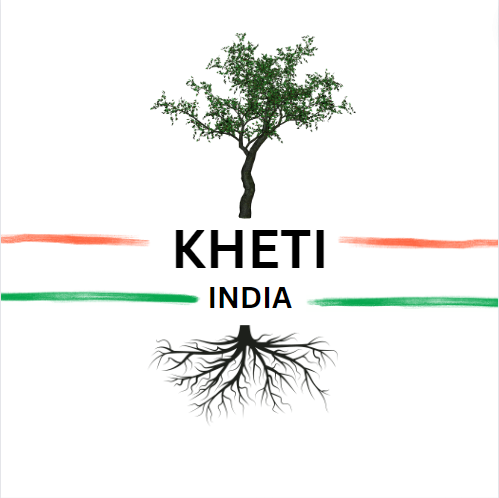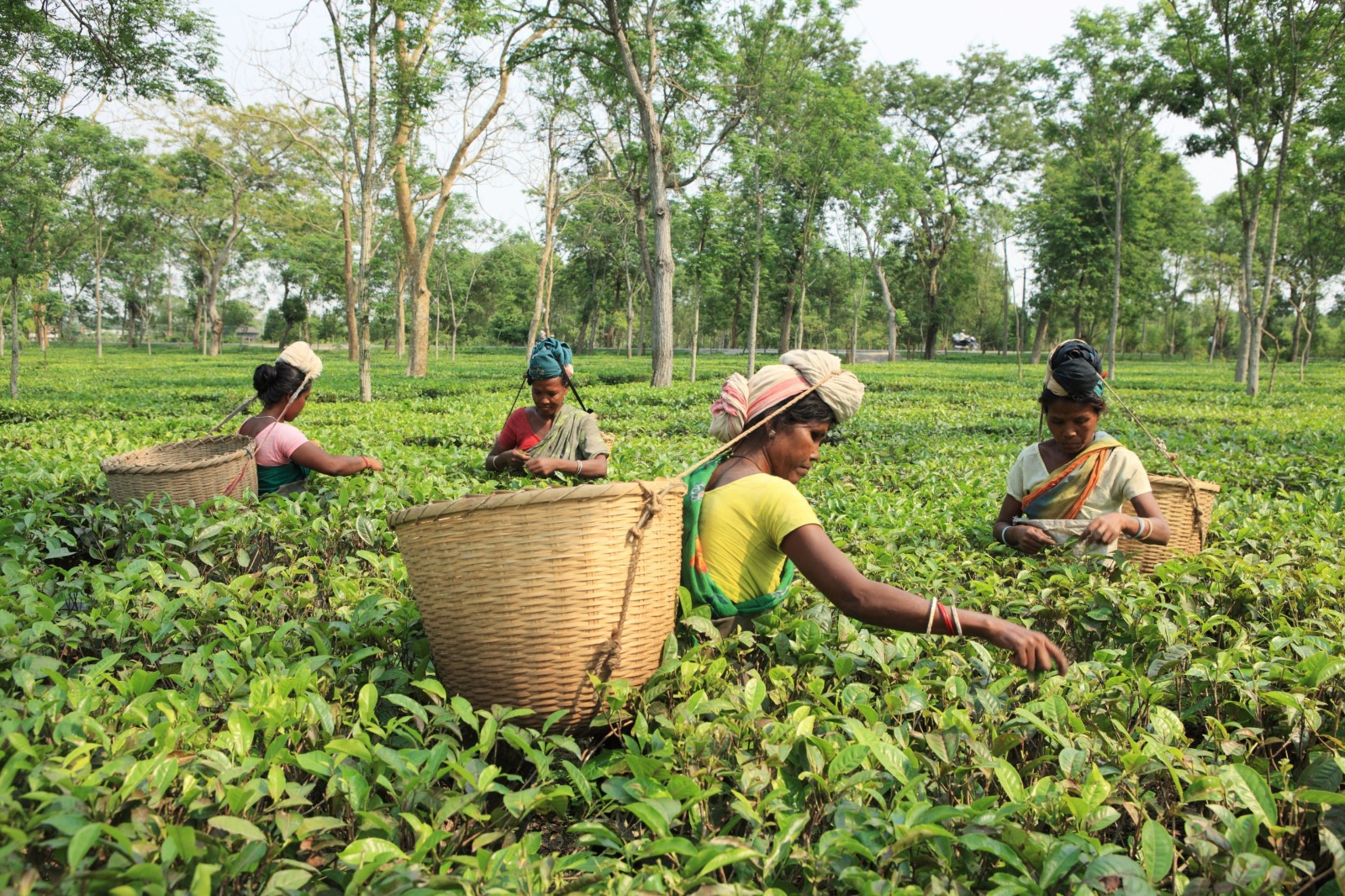Assam is a major tea-producing state in India, and a group of tea planters from Assam has urged the state government to ban certain pesticides that are compromising the quality of tea produced in the region. Representatives from the tea plantation sector, under the North Eastern Tea Association (NETA), met with Assam Agriculture Minister Atul Bora to discuss the issue and submitted a memorandum outlining their concerns.
The planters specifically requested a prohibition on the sale, stock, distribution, and use of six pesticides: Cypermethrin, Acephate, Imidacloprid, Acetamiprid, Dinotefuran, and Fipronil. These pesticides, although not approved for use in tea cultivation, are readily available in the market as they are used for other crops.

Earlier this year, the Assam government took a strict stance against the use of Monocrotophos in tea plantations and vegetables. The tea planters’ memorandum pointed out that half of the green leaf tea production comes from Small Tea Growers (STGs), who may inadvertently use unapproved pesticides due to a lack of awareness.
The planters emphasized that the tea industry is crucial for Assam, with 90 percent of the state’s total exports comprising tea. The livelihood of millions depends on this industry. Recent tests revealed that the six specified pesticides sometimes exceed the Maximum Residue Limit (MRL) in tea, which poses a significant compliance issue.
India’s food safety regulator, the Food Safety and Standards Authority of India (FSSAI), mandated the testing of these pesticides in March 2024. The planters believe that banning these pesticides, similar to the recent prohibition of Monocrotophos, would resolve about 90 percent of the FSSAI compliance issues they face.
The tea planters hope that the Assam government will take action to ban these harmful pesticides to protect the quality of Assam tea and ensure the industry’s sustainability.

